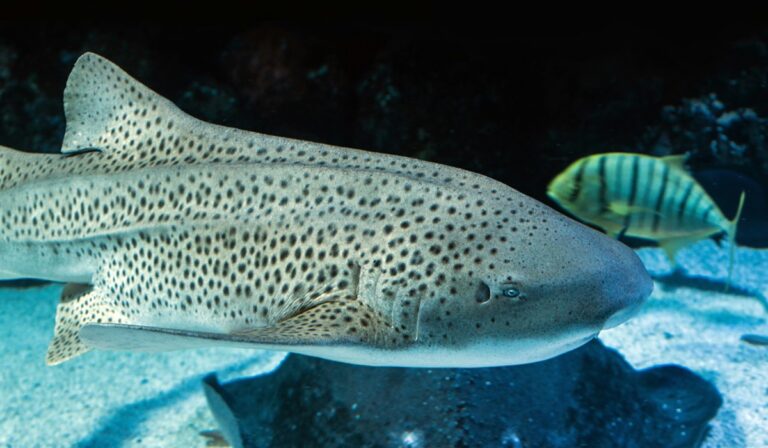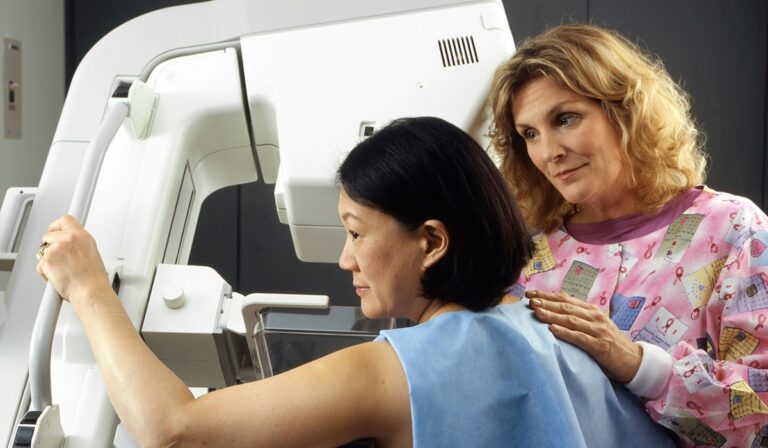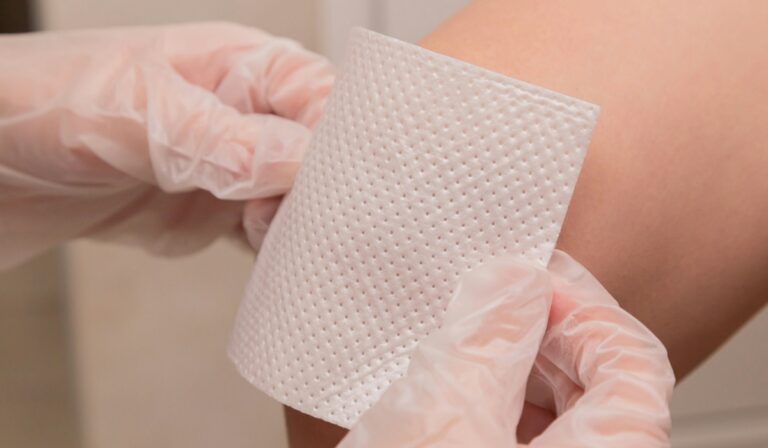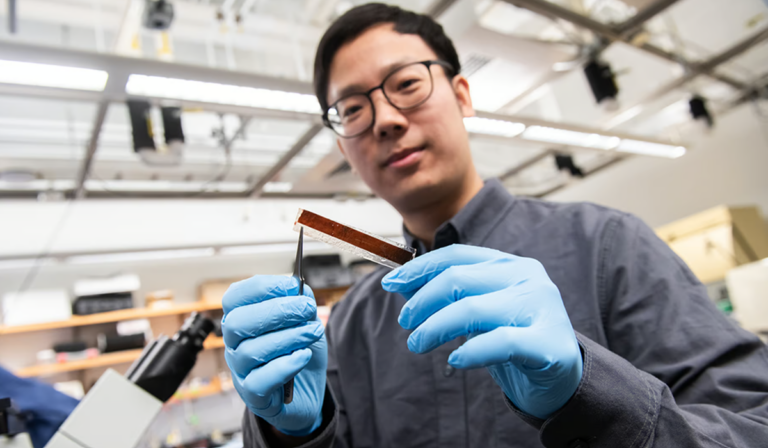Rewilding program ships eggs around the world to restore Raja Ampat zebra sharks
The Shark Reef Aquarium on the Las Vegas Strip in Nevada has been sending zebra shark eggs to Indonesia’s Raja Ampat. Researchers hope to release 500 zebra sharks into the wild within 10 years in an effort to support a large, genetically diverse breeding population.
A survey estimated the zebra shark had a population of 20 spread throughout the Raja Ampat archipelago, making the animal functionally extinct in the region.
Rewilding program ships eggs around the world to restore Raja Ampat zebra sharks Read more










